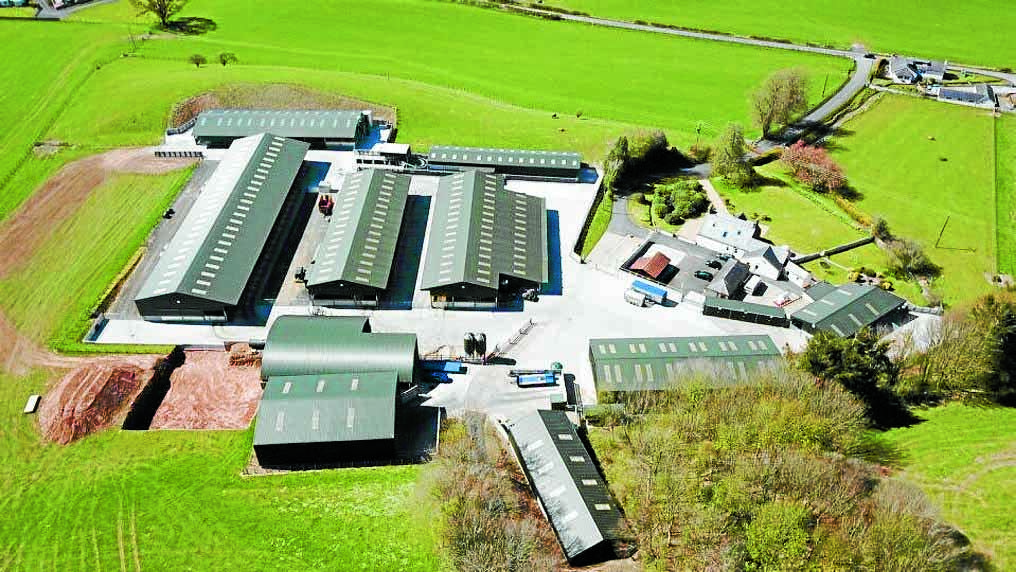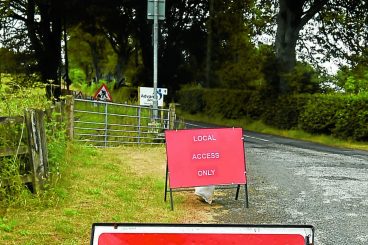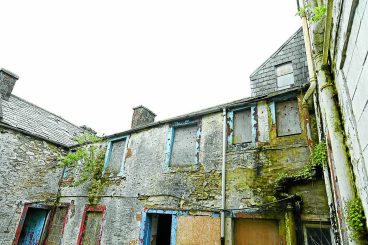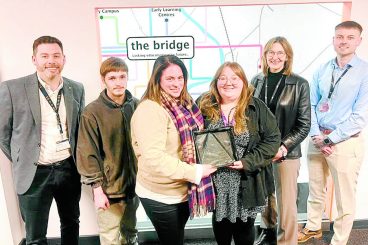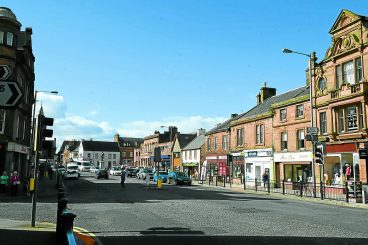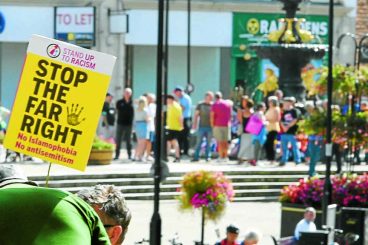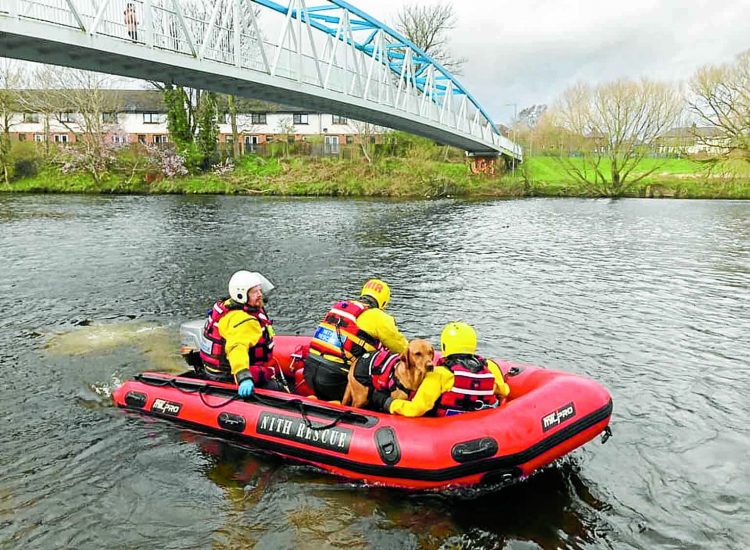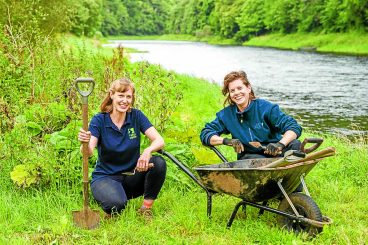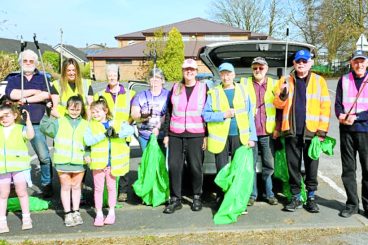SCOTLAND’S rural residents have taken part in a new piece of research looking at how people living in far-flung communities have been affected by the coronavirus pandemic.
The RuralCovidLife study, conducted by the University of Edinburgh and the Wellcome Trust, received 3080 responses from across the country, including 176 from Dumfries and Galloway.
Findings reveal that 38 per cent of people living in rural areas report feeling lonely some or all of the time, with the worst affected age group 18-29s, just under three quarters of which said they suffer from loneliness all, most or some of the time. Loneliness rates incrementally dropped for people in their 30s, 40s, 50s, 60s and 70s, but rose again slightly for the 80+ age group.
19 per cent of those who took part said that their broadband connection was poor or very poor, with 87 per cent saying that high-speed broadband is very important in order to effectively work from home.
A quarter never made use of public transport before the pandemic, with this figure rising to 76 per cent due to Covid-19. Furthermore, 24 per cent of the rural respondents reported feeling worried about job security.
However, the few positives to come out of the crisis were highlighted in the study’s findings, with 28 per cent saying a stronger sense of community can be felt compared with pre-coronavirus times. And 42 per cent believe pollution levels have improved as a result, whilst 31 per cent said more people are supporting their high street by shopping locally.





